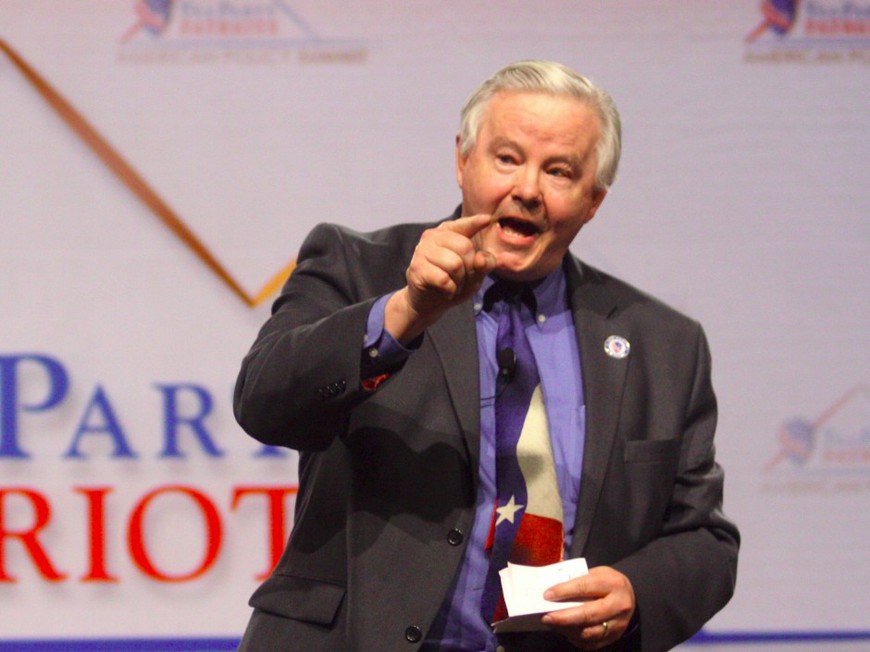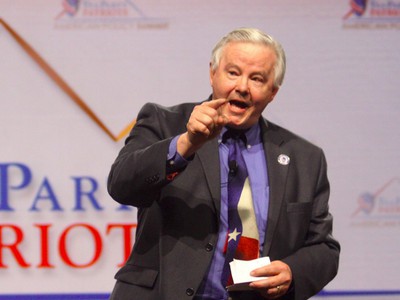

- The “Internet Poker Freedom Act of 2013” proposes an opt-out system for states and tribes for online poker-only regulation.
- Job creation within the United States, and increased tax revenue, are also mentioned in the preamble.
- A five-year lockout period exists, but it only applies to those convicted of a felony for operating illegally in the United States.
Republican Congressman Joe Barton has formerly introduced HR2666, his latest attempt to pass a federal online poker bill in the US, the Poker Player’s Alliance announced Thursday.
The “Internet Poker Freedom Act of 2013” proposes an opt-out system for states and tribes for online poker-only regulation.
In arguing for regulatory change, the bill cites the United States v. DiCristina ruling that online poker is a game of skill, and thus “distinct from the class of games of chance traditionally defined as gambling.”
Consumers would benefit from increased protection which poker-only regulation would provide, the bill further argues. Job creation within the United States, and increased tax revenue, are also mentioned in the preamble.
Many clauses in the 102-page bill will seem familiar, containing a lot of the same language as in previous federal attempts, including Barton’s original effort in 2011, Reid/Kyl’s failed 2012 attempt, and Peter King’s bill introduced last month.
The Secretary of Commerce, in consultation with the National Indian Gaming Commission (NIGC), would develop regulations within 180 days of enactment. The “Office of Internet Poker Oversight” would be formed to administer regulated gaming. Regulatory authorities at the state and tribal level would set tax rates and issue licenses.
A five-year lockout period exists, but it only applies to those convicted of a felony for operating illegally in the United States.
Players must be 21 years or older to play. The regulation prohibits cheating, including the use of bots. The bill explicitly forbids deposits via credit cards, and internet poker cafes. Many other aspects of online poker regulation, including the protection of player funds and international player liquidity, are not discussed in the bill.
Late last month, Barton appeared bullish on his Bill’s chances, stating “it’s not a question of if my bill happens, it’s a question of when.”
However, most analysts consider the bill’s chances as slim at best.


